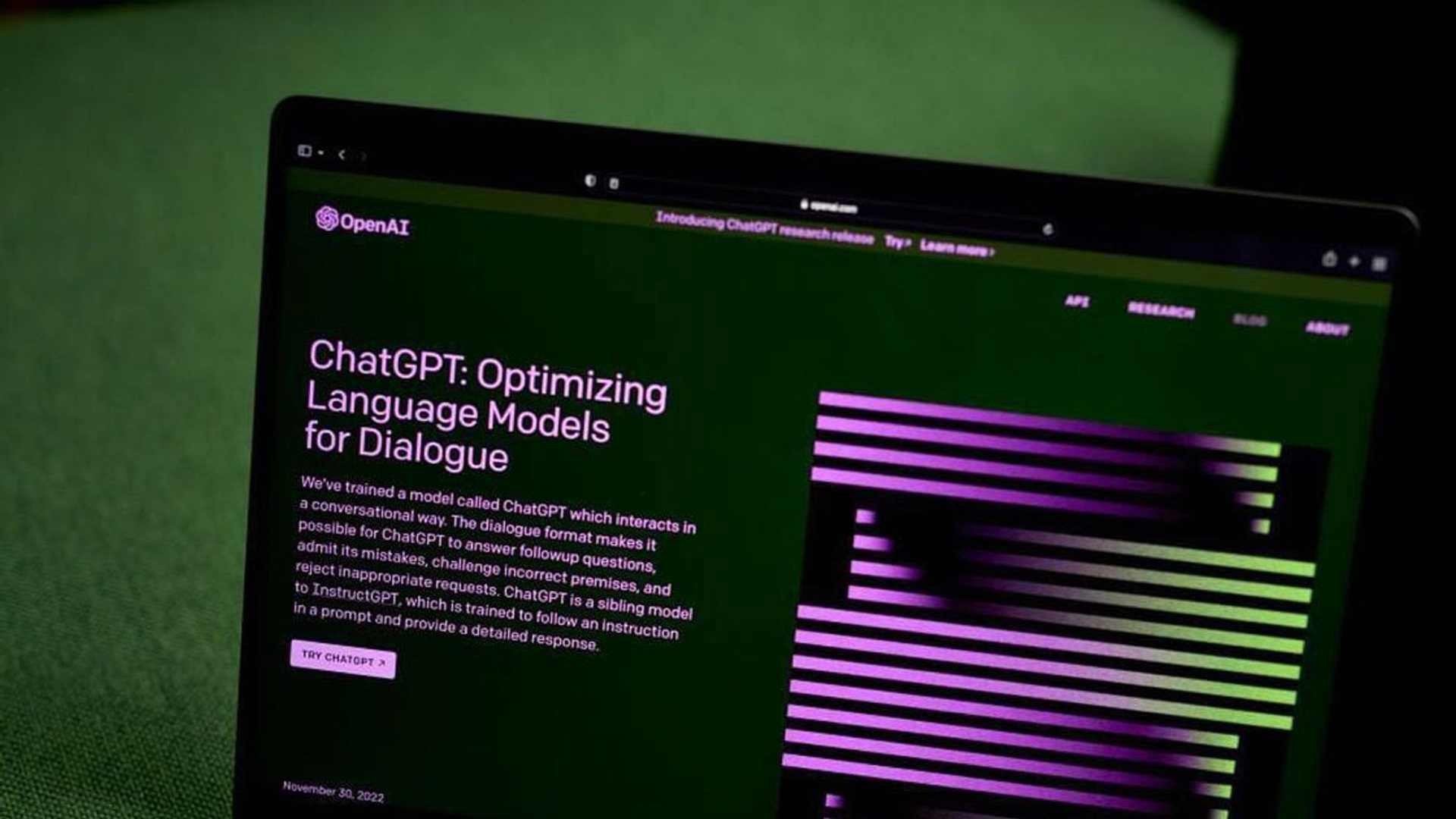ChatGPT Can Decode Fedspeak, Predict Stock Moves from Headlines
Recently, two academic research papers have been published, showcasing the ability of ChatGPT to excel in market-relevant tasks such as determining whether headlines are good or bad for stock and deciphering whether Federal Reserve (Fed) statements were hawkish or dovish. The results of both tests suggest that artificial intelligence (AI) has shown significant progress in utilizing technology to turn various texts into trading signals.
The technology that ChatGPT utilizes, called natural language processing, is already popular amongst quants who inform many strategies using language models underpinned by the chatbot. However, the readings point towards the technology reaching a new level in terms of parsing nuance and context.
Deciphering Fedspeak
The first research paper, titled "Can ChatGPT Decipher Fedspeak?" was conducted by two researchers from the Fed itself - Anne Lundgaard Hansen and Sophia Kazinnik. The paper suggests that ChatGPT came closest to humans in deciphering whether the central bank's statements were dovish or hawkish. The chatbot even managed to explain its classifications of Fed policy statements in a way that resembled the central bank's own analyst, who acts as a human benchmark for the study.
For most quants, using natural language processing to gauge how popular a stock is from Twitter or to incorporate the latest headlines on a company is now almost run-of-the-mill. However, the results of the first study suggest that ChatGPT can pull off similar tasks without being specifically trained.
Forecasting Stock Price Movements
In the second study, called "Can ChatGPT Forecast Stock Price Movements? Return Predictability and Large Language Models,” Alejandro Lopez-Lira and Yuehua Tang from the University of Florida prompted ChatGPT to pretend to be a financial expert and interpret corporate news headlines. The researchers utilized new data sets, specifically from late 2021 that weren't included in ChatGPT's training data. The results of the second study show that the chatbot is able to correctly parse the implications of news and showed a statistical linkage to the stock's subsequent moves.
Both studies suggest that ChatGPT can pull off similar tasks without specific training, and they also reveal that this “zero-shot learning” exceeds prior technologies. However, fine-tuning it based on specific examples made it even better.
Overall, the success of ChatGPT in both studies marks an exciting new chapter in the use of AI in finance. The technology looks set to open up new worlds of information and make it more accessible to a broader community of finance professionals.




















